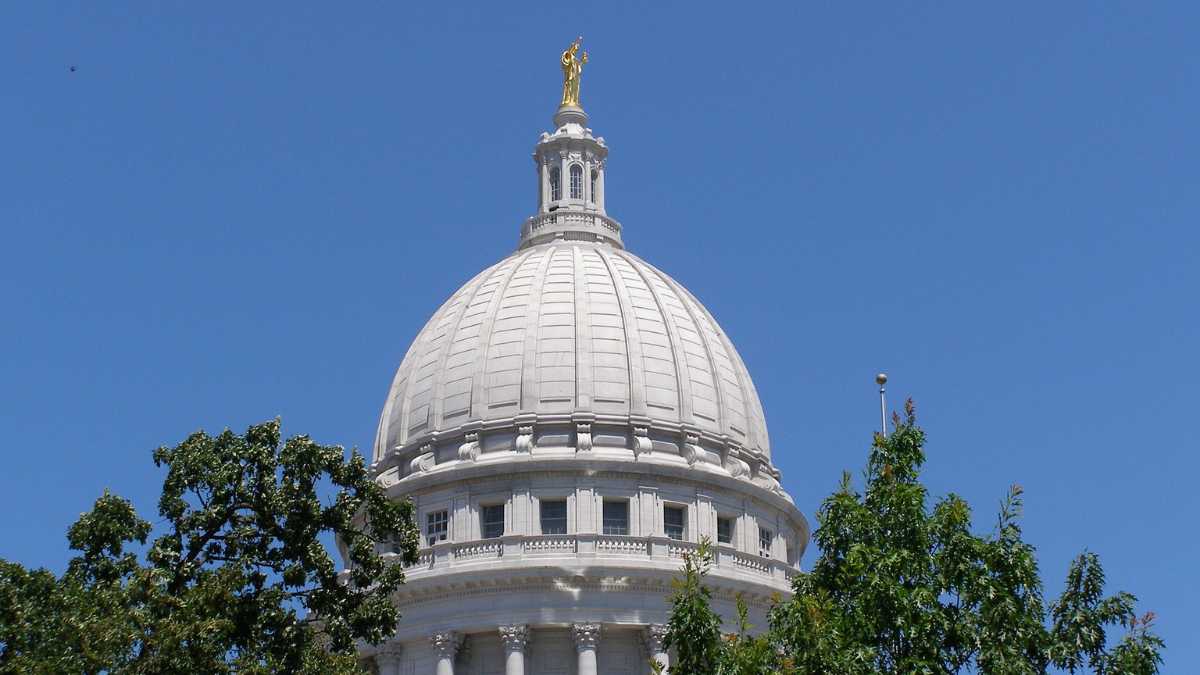As we head into the final weeks of 2022, there are a few Wisconsin tax updates to share.
Personal Tax Changes
The WI personal capital loss deduction will increase to $3,000 for 2023. For 2022, it will remain at the $500 amount where it has been for many years.
The Edvest deduction increased to $3,560 for 2022 (up from $3,380 in 2021). To claim this deduction on your 2022 tax return, the Edvest contribution needs to be made by April 18, 2023.
As things currently stand, any student loan forgiveness will be treated as taxable income on your Wisconsin return. For Federal purposes, the amount of any student loan forgiveness is not taxable. Note: this could change further if Wisconsin adopts the Federal changes made under the American Rescue Plan.
COMMENT: This may be a moot point as the Biden administration’s student-debt cancellation program has been put on hold pending a recent federal appeals court ruling.
There is a new Wisconsin child and dependent care “tax credit” in 2022 that is based on the federal child and dependent care tax credit reported on your federal tax return. This replaces the Wisconsin “deduction” for dependent care expenses. The additional credit in Wisconsin is equal to 50% of the Federal credit as follows:
One child: $300 Federal Credit – $150 Wisconsin Credit
Two or more children: $600 Federal Credit – $300 Wisconsin Credit
Changes to Wisconsin Audits of LLCs, Partnerships, S Corporations & Trusts
If audited, the Wisconsin Department of Revenue now has the ability to assess and collect tax from a pass-through entity on income otherwise reportable by its pass-through members. The assessed tax will be calculated at the top Wisconsin tax rates (7.65% for individuals/trusts and 7.9% for corporations/partnerships). For these purposes, a pass-through entity is a partnership, Tax-option (S) corporation, Limited liability company taxed as a partnership or tax-option (S) corporation, estates and trusts that are treated as a pass-through entity. These audit provisions do NOT apply to partnerships and S corporations that have made the entity-level tax election.
How does this impact you?
- This is a more streamlined way for the DOR to assess and collect tax; instead of reaching out to each member of an entity to audit and assess tax, the audit can all be handled at the entity level. If the pass-through entity receives an audit notice, they will have 60 days to “elect out” of this entity level treatment such that it will then be assessed at the member level.
- Allows the department to conduct an audit of a pass-through entity entirely at the entity level and may make an assessment and, in certain instances, a refund to a pass-through entity on income and/or credits that are otherwise reportable by its pass-through members.
- Allows partnerships to request to pay tax at the entity level after an IRS audit
- Note: Revocable grantor trusts and entities that are disregarded for federal income tax purposes are entities that cannot be assessed at the entity level.
- The 2022 tax returns will now include a line to appoint a pass-through entity representative. This representative will be the point of contact between the WI DOR and the members of the pass-through entity if there is an audit or assessment. Your CPA will be asking for this information so it is properly disclosed on your 2022 state flow-through tax returns.
- As always, if you receive an audit or assessment from the DOR, IRS or other taxing authority, please reach out to your CPA for assistance and guidance.
We will continue to watch out and report any last-minute updates that may come through at the end of the year.





